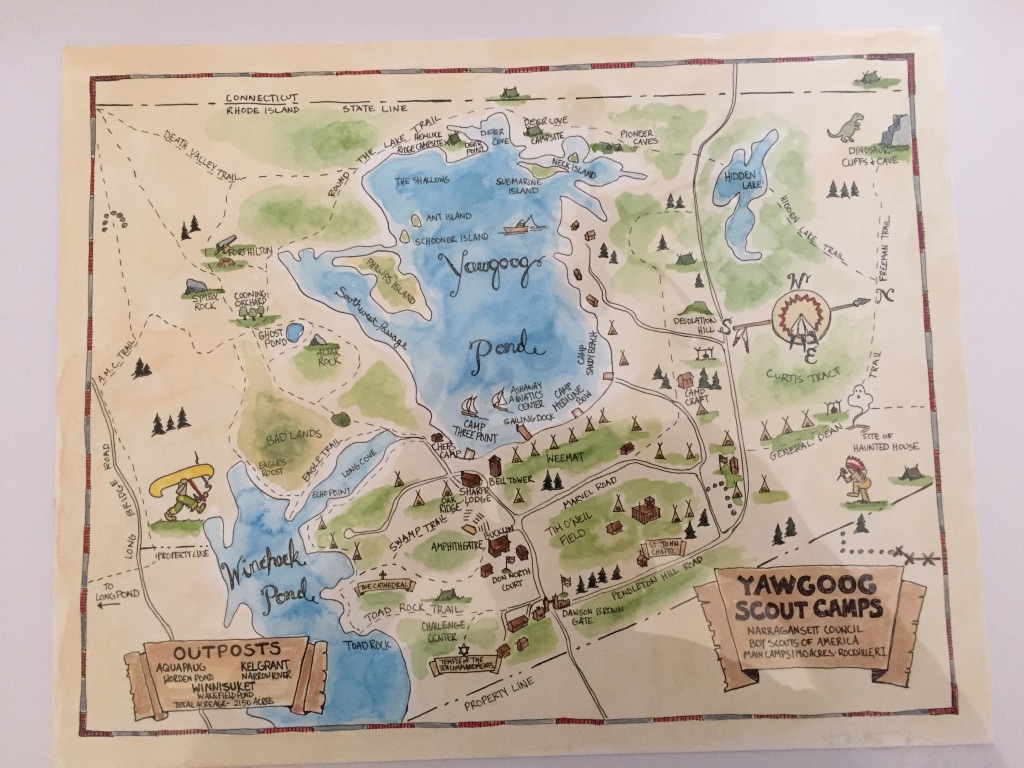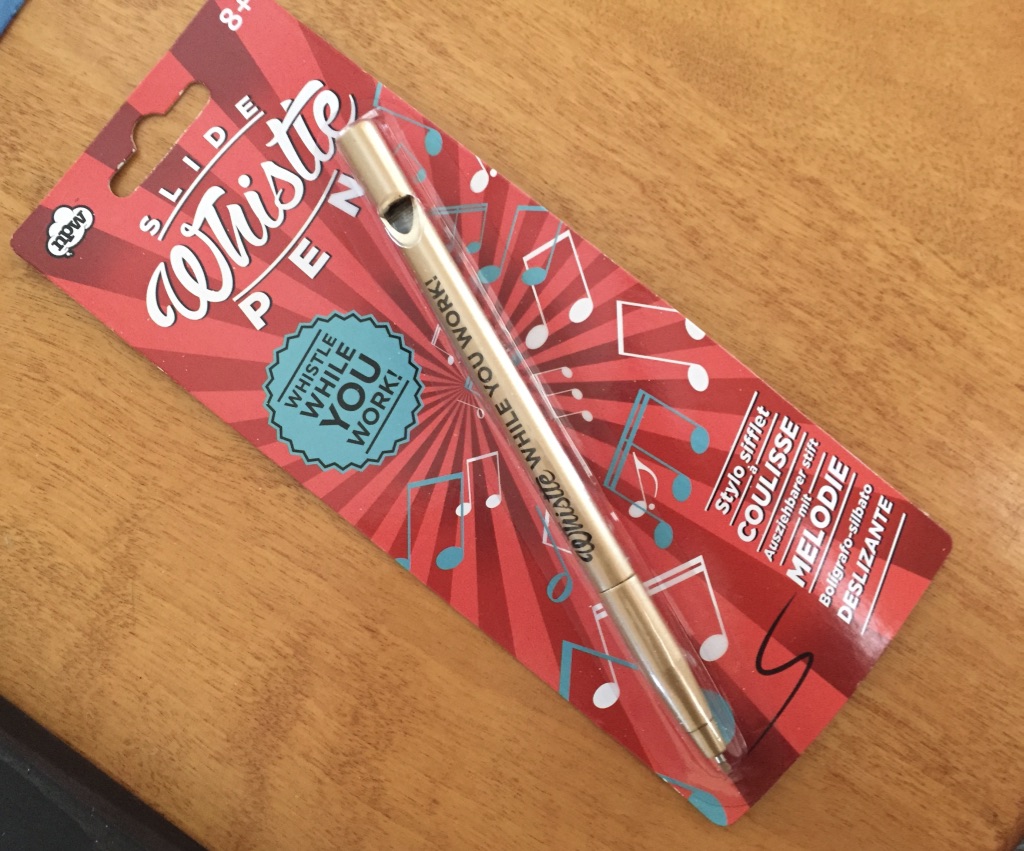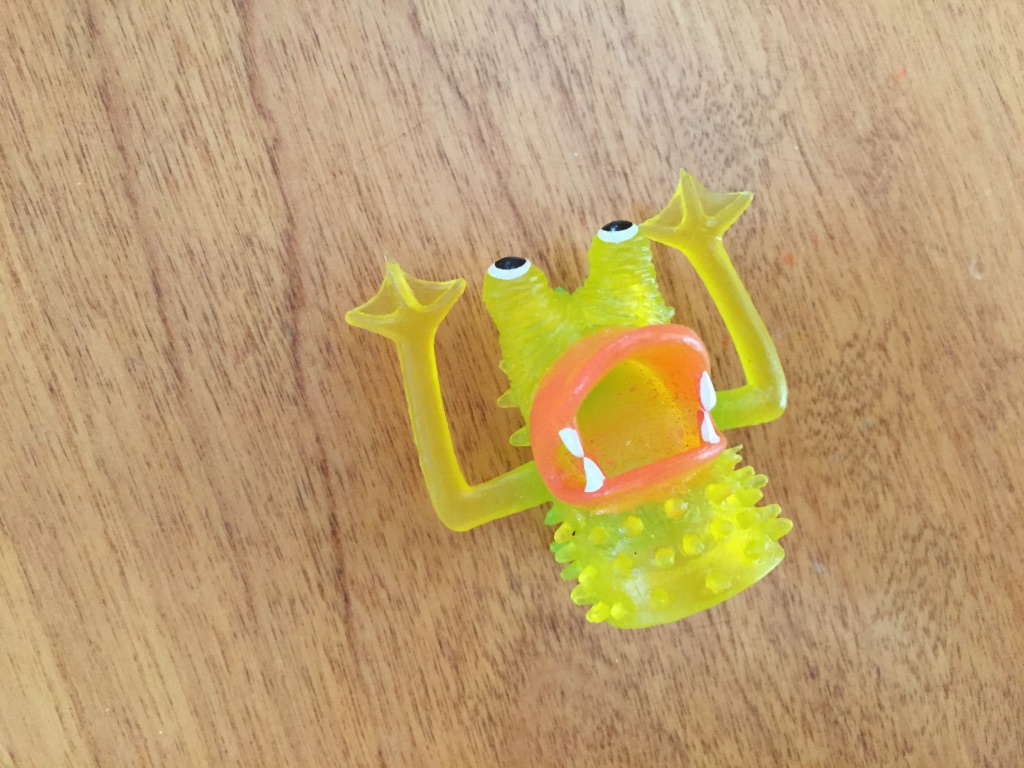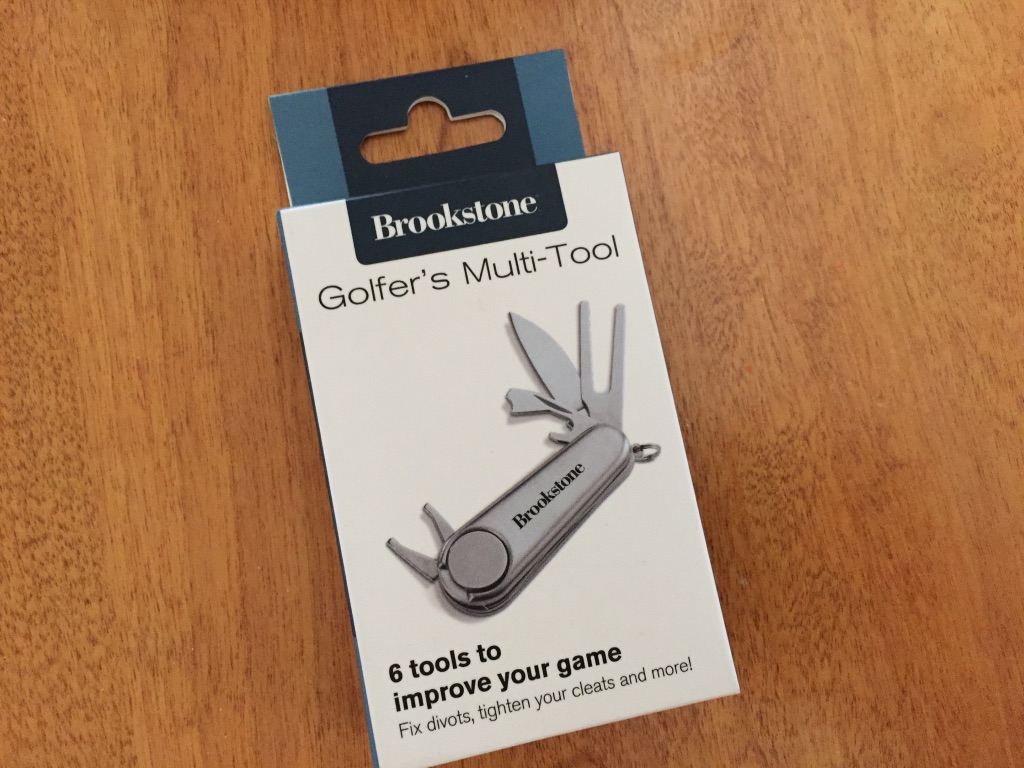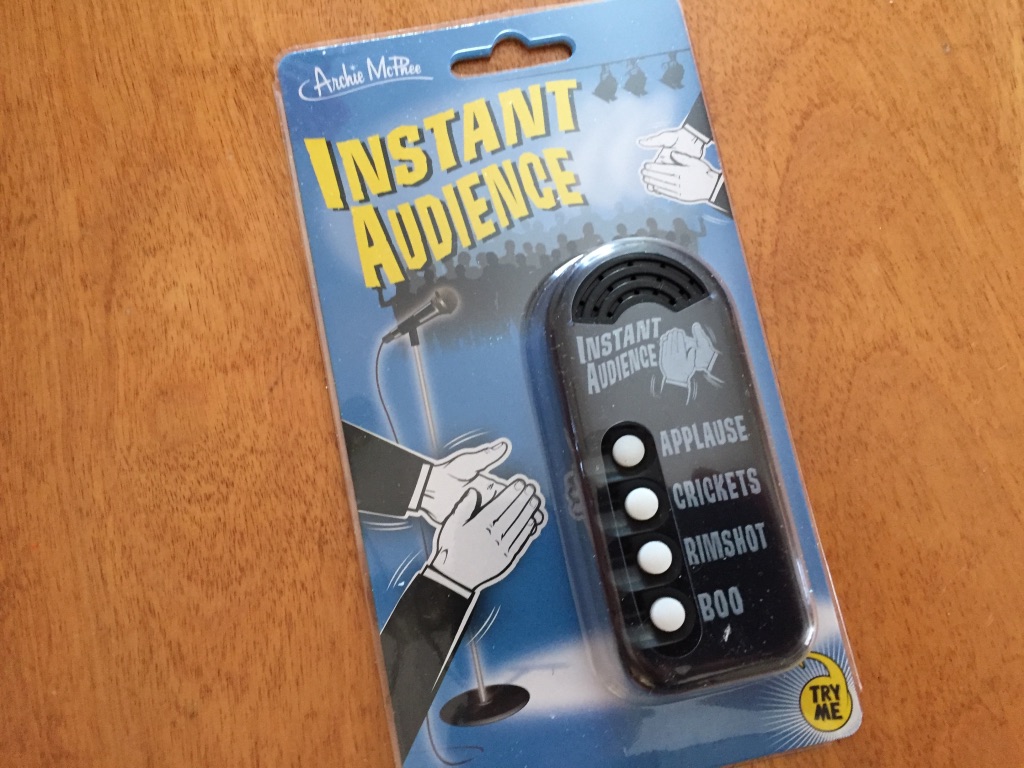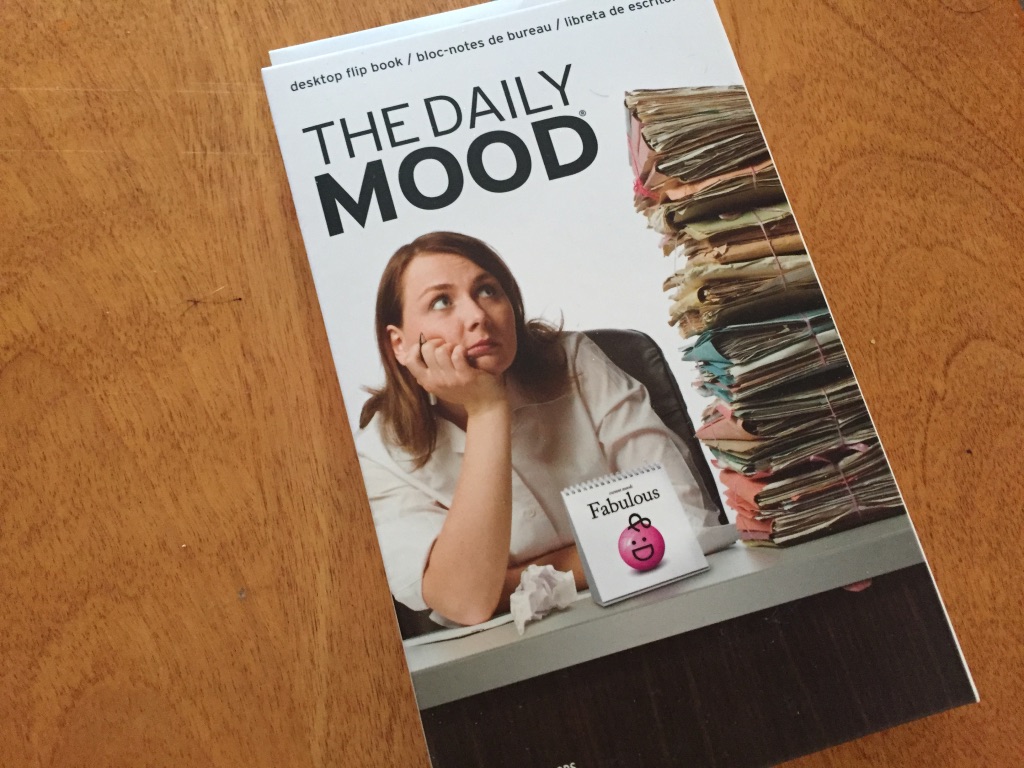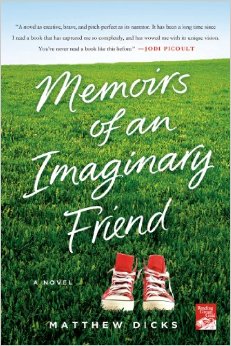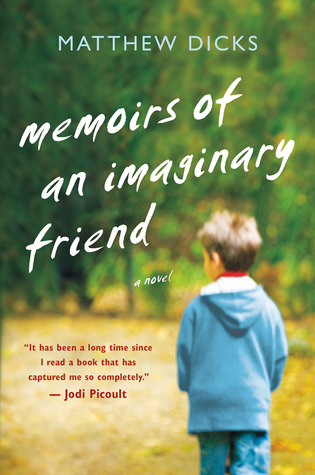Resolution update: 2016 in review
/In 2016, I completed 19 of 32 goals (one goal was cancelled early in the year) for a success rate of 59%. While this is not great, it compares well to previous five year average of 51%.
My previous year success rates:
2010: 44%
2011: 62%
2012: 30%
2013: 60%
2014: 60%
2015: 59%
I also recently pointed out to a friend that I set many goals each year, knowing that I won't come close to achieving all of them, but would rather set high expectations that I fail to reach rather than set a list of reasonable expectation that I know I can achieve.
And I had some areas of great success in 2016. I performed especially well in the areas of writing (8 out of 12 goals completed) and storytelling (7 out of 8 completed).
While I'm pleased with the overall results, there were some missed opportunities. My biggest disappointments were my failure to lose 20 pounds and my failure to write a new screenplay.
Both of these were very doable in 2016.
There were also a few pathetic failures.
I failed to write a new screenplay. I failed to finalize any details for our Heavy Metal Playhouse 25 year reunion. My television is still without a streaming service, even though my mother-in-law bought us an Apple TV and nearly installed it herself. I didn't find time to play six games of poker.
These were not difficult goals to achieve..
This was also the third consecutive year that I failed to schedule an evening of Shakespeare in my home, despite interest among many friends. Apparently I'm not that interested in this project.
In fairness, the friends most excited about this evening have now moved away. Still...
I also accomplished half a dozen goals that did not make my initial list but became important as the year progressed.
- I was paid to perform at venues in Boston, MA, Champagne, IL, North Hampton, MA, New York, NY, and various venues throughout Connecticut.
- I launched Boy vs. Girl, a podcast that I produce and cohost with Rachel Leventhal-Weiner at the end of 2015. We just celebrated our one-year anniversary.
- I expanded my roster of clients with whom I consult for on screenplays, pilot scripts, and TED Talks.
- I taught storytelling and public speaking at Yale University, the University of Connecticut, the University of Hartford, Miss Porter's School, and The Berkshire School. I also booked three more workshops (including a weeklong workshop) at Kripalu Center for Yoga and Health.
- I taught storytelling to a dozen rabbis as part of a rabbinical retreat in upstate New York and to the administrators of Windsor Public Schools.
- I booked weddings for 2017, extending my DJ career into its 21st season.
Here are my specific successes and failures from 2016:
PERSONAL HEALTH
1. Don’t die.
No death in 2016. Given the fact that I actually died in 1982 and 1988, it's not as obvious an accomplishment as you might think. I also had tubes put in my ears this month, which felt like I was going to die, but I didn't.
SUCCESS.
2. Lose 20 pounds.
I gained four more pounds in December. Ear problems and weekends spent performing in the Berkshires and Illinois didn't help. I finished the year eight pounds lighter and missed this goal by 12 pounds.
FAIL.
3. Do at least 100 push-ups and 100 sit-ups five days a week.
Done.
SUCCESS.
4. Practice yoga at least three days a week.
I took a yoga class as Kripalu this month, but that was it.
I also took the class in jeans and a tee shirt.
Even though I took four yoga classes in 2016 and engaged in yoga for a solid month, a separated shoulder and two months of physical therapy derailed my momentum.
FAIL.
WRITING CAREER
5. Complete my fifth novel before the end of February.
Done!
SUCCESS.
6. Complete my sixth novel.
I have two novels that are more than halfway finished and one that is finished but requires a complete re-write. However, I'm not sure if any of these will be my next novel.
Not surprising, my editor has some say in this.
I turned in final revisions on my next book last week, so the decision process on the next novel begins next month. The book was not be finished by the end of the year.
FAIL.
7. Write a proposal for a middle grade novel.
Done! The editor and her team love the book. Minor revisions were finished this week. We hope to have an offer soon.
SUCCESS.
8. Write at least three new picture books.
My now-former student and I have finished the first draft of our picture book.
In November, I wrote a picture book about the Presidential election that I sent to my agent and a children's book editor. Both had very good things to say about the book but feel that it is too closely aligned with a specific moment in history to be marketable. I was disappointed. I think it's a great book.
In December I wrote the first draft of a picture book based upon a real life animal rescue from the 1950's. It needs work, but I'm very excited about it.
SUCCESS.
9. Complete a proposal for a book on storytelling.
Done! Five chapters are finished now, plus an outline and comparisons have been re-sent to my agent. She LOVES it. Hopefully a publisher loves it just as much.
SUCCESS
10. Write a new screenplay
No screenplay. One of my biggest disappointments of 2016.
FAIL.
11. Write a musical for a summer camp
Done! I had the pleasure of watching the musical performed at the summer camp, and it was fantastic.
SUCCESS.
12. Publish at least one Op-Ed in The New York Times.
I've submitted three Op-Ed pieces to the New York Times and been rejected all three times.
In 2017, I will write goals that depend less upon the opinions and judgments of others and more upon my own effort. For example, a goal like this will read:
"Submit at least five pieces to the Op-Ed editor for the New York Times."
FAIL.
13. Publish an article in an educational journal.
No article.
FAIL.
14. Submit one or more short stories to at least three publishing outlets.
Submissions completed in December. One rejection so far.
SUCCESS.
15. Select three behaviors that I am opposed to and adopt them for one week, then write about my experiences on the blog.
I spent a week backing my car into parking spots (which initially struck me as insane) and wrote about it in August. It actually received a lot of attention from readers.
In September I engaged in a month of daily affirmations. I wrote about my experience this month.
In November, I engaged in the "sport" of bottle flipping, which is all the rage amongst many young people. I wrote about my experience this month.
SUCCESS.
16. Increase my author newsletter subscriber base to 1,000.
Done! My subscriber list now stands at 1,284 readers. My list has grown by 36% in 2016.
SUCCESS.
17. Collaborate with a former colleague on an educational book.
This project has been cancelled. After meeting with my collaborator, we determined that I am not best suited for this project.
Oddly enough, that collaborator is now my principal.
STORYTELLING
18. Produce a total of 12 Speak Up storytelling events.
Done! We produced two shows at Real Art Ways and the Yale Cabaret in December, bringing our total number of shows to 19 in 2016.
SUCCESS.
19. Deliver a TED Talk.
Done twice over!
I spoke at TEDxNatick in January. The title of the talk was "Live Your Life Like Your 100 Year-Old Self."
I also spoke at the TEDx conference at The Country School in Madison, CT in April. The title of the talk was "Speak Less. Expect More."
SUCCESS.
20. Attend at least 15 Moth events with the intention of telling a story.
Done! In December I attended two Moth StorySLAMs at Oberon in Cambridge and The Bell House in Brooklyn. This brings my total number of Moth events in 2016 to 29.
SUCCESS.
21. Win at least three Moth StorySLAMs.
Done! I attended two StorySLAMs in December and won, bringing my total number of wins to five in 2016 and 28 overall.
SUCCESS.
22. Win a Moth GrandSLAM.
Done! I won the Moth GrandSLAM in Somerville in March.
SUCCESS.
23. Launch at least one new podcast.
The podcast launches today. Live Better Now.
I cut this one close, but it's an excellent argument in favor of yearly goals and deadlines. I may have continued to push the launch of this podcast off if not for the end-of-the-year accounting of success and failure.
SUCCESS.
24. Launch a storytelling project that I will otherwise remain vague about here but will become a primary focus of 2016.
Work on this project is specifically tied to the sale of my storytelling book, which has yet to publish. I can't move forward on this project until the book is done.
FAIL.
NEW PROJECTS
25. Host at least one Shakespeare Circle.
No Shakespeare Circle.
FAIL.
26. Learn to cook three good meals for my wife.
I cooked two new meals for Elysha in August and one meal in November thanks to Blue Apron and a friend who was kind enough to pass on meals to me.
SUCCESS.
27. Plan a 25 year reunion of the Heavy Metal Playhouse.
I'm still seeking a location for the reunion near the Heavy Metal Playhouse (since the apartment complex does not have a room to rent) and will then decide upon a date.
FAIL.
MISCELLANEOUS
28. Replace the 12 ancient, energy-inefficient windows in our home with new windows that will keep the cold out and actually open in the warmer months.
No new windows.
FAIL.
29. Optimize our television for a streaming service.
No progress.
FAIL.
30. Set a new personal best in golf.
I tied my previous personal twice in 2016 but failed set a new personal best.
FAIL.
31. Play poker at least six times in 2016.
I tied my personal best twice in 2016 but failed to set a new personal best.
FAIL.
32. Do not speak negatively about another person's physical appearance except when done in jest with my closest friends.
Done.
SUCCESS.
33. Post my progress in terms of these resolutions on this blog on the first day of every month.
Done.
SUCCESS.



